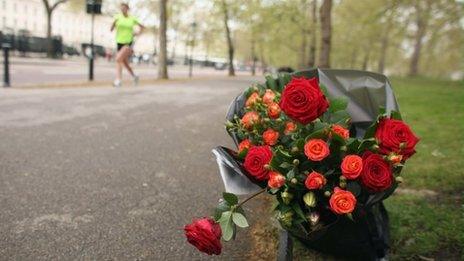Manchester Dogs Home: Why is the fundraising so successful?
- Published
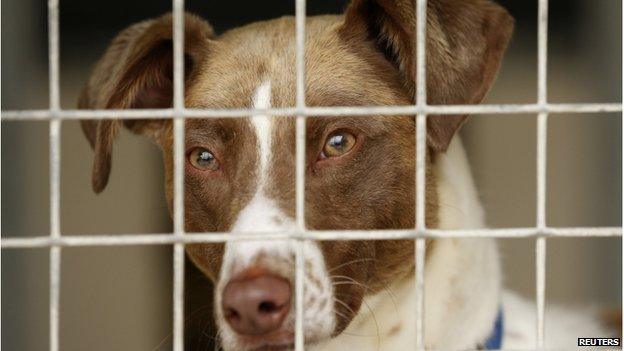
One of the rescued dogs in Manchester. The campaign to support survivors of the fire has sparked a huge public response
The story of the fire at the Manchester Dogs' Home has seen animal-lovers flock to donate more than £750,000 and raise awareness by posting "selfies" of themselves and their dog. But why do some tragedies provoke such outpourings when others do not?
The corner of Kaylea Brough's beauty salon, in Bolton, is crammed with donations.
Gifts of dog beds, blankets and pet food have been left all morning by passers-by, eager to try to help more than 150 dogs down the road in Manchester who are homeless at the second time of asking, thanks to a fire in which many died.
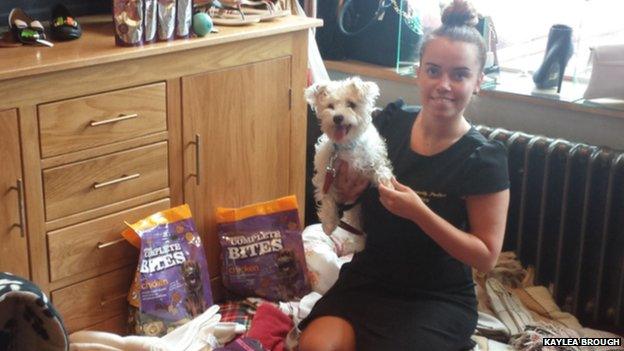
Kaylea Brough is calling on passers-by to drop any donations into her salon - Permanently Perfect
Kaylea herself has three dogs - two shih tzus and a Chihuahua - named Patrick, Millie and Daisy and says she instantly identified with the tragedy.
She put out a call on social media on Friday morning, asking for customers and passers-by to drop off items to help the animals.
"I'm known as the 'Crazy Dog Lady' so people wouldn't have expected anything less of me," she said.
"I'm a massive dog lover and I could instantly imagine how scared those poor animals will be."
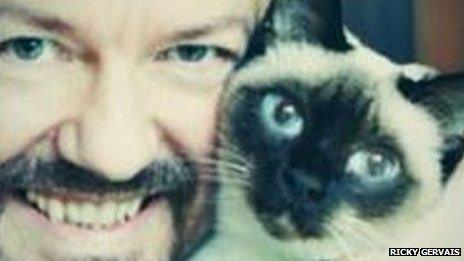
Comedian Ricky Gervais has supported the campaign on social media
On social media, the story has also sparked a huge response.
Celebrities, such as Ricky Gervais, external, have led the fundraising charge, along with papers like the Manchester Evening News, external.
A craze for dog selfies has also taken off on social media, with people showing their support for the campaign by taking photographs of themselves and their pets.
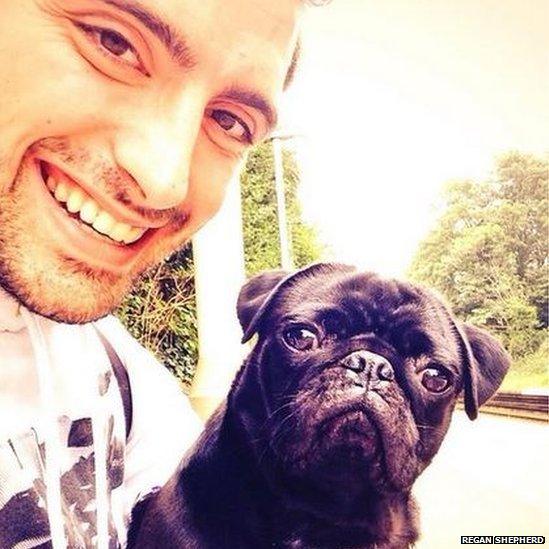
Regan Shepherd says he supported the campaign because he is an animal-lover
When asked why he had taken part, animal-lover Regan Shepherd said: "I am a pet lover. I have Barney, who is a pug, and my mum has two dogs as well."
"I'm a massive animal fan in general and like to give to charity but dogs really pull at my heartstrings," added Chloe Rivers, who has posted a selfie with her dog, Miso.
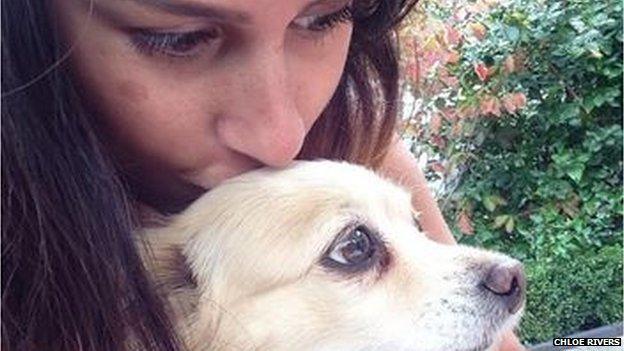
Chloe Rivers with her dog Miso. Ms Rivers says animal charities really pull at her heartstrings
"People want to prove they have a genuine connection to a cause and a legitimate reason for supporting it, so proving you have a loved pet is a way of saying 'this is my thing'," said Dr Beth Breeze, the director of the Centre for Philanthropy at the University of Kent.
According to a study by the National Council for Voluntary Organisations and the Charities Aid Foundation, we give markedly more to charities related to medical research - mainly cancer, hospitals, children and animals than we do to groups supporting religious, disabled, overseas and homeless causes.
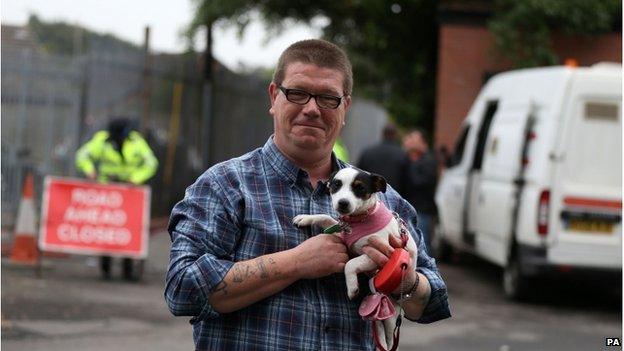
Resident Michael Parker with Misty the Jack Russell - one of the dogs from the home
"It's not that we dismiss those other causes," said Dr Breeze. "It's just what people identify with.
"Nobody is saying a dog is more important than somebody dying in a famine - they're just saying, 'This is what I know about and care about.'"
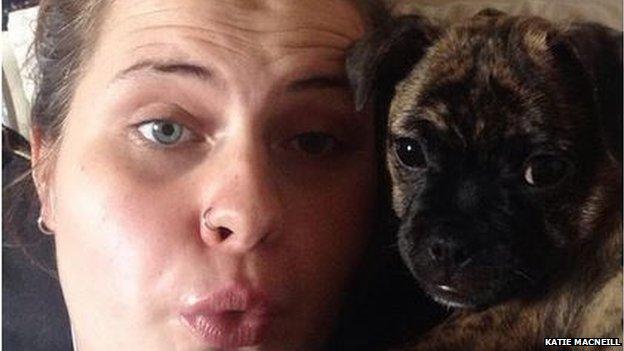
Katie MacNeill's selfie with her dog Buddy. Posting selfies to back the campaign is a way of saying, "This is my thing", say experts
She says there is often no rhyme or reason as to why some campaigns - such as Staffordshire teenager Stephen Sutton's extraordinary fundraising efforts for the teenage cancer trust, and Claire Squires, the Leicestershire runner who died during the 2012 London Marathon - enjoy such meteoric success.
Often, she says, the emotional grip of a particular story is something that is beyond a charity's control.
The Manchester Dogs' Home campaign is, in some ways, the perfect example of a story that is likely to resonate in a very personal way, she says.
"Animals are a very British concern," she said.
"You don't find the same support for animal charities in other countries. There is something very specific about animal causes that expresses how passionately we feel towards our pets."
- Published12 September 2014
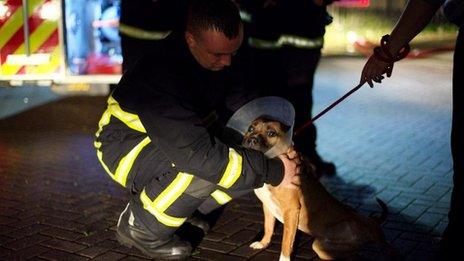
- Published27 April 2012
